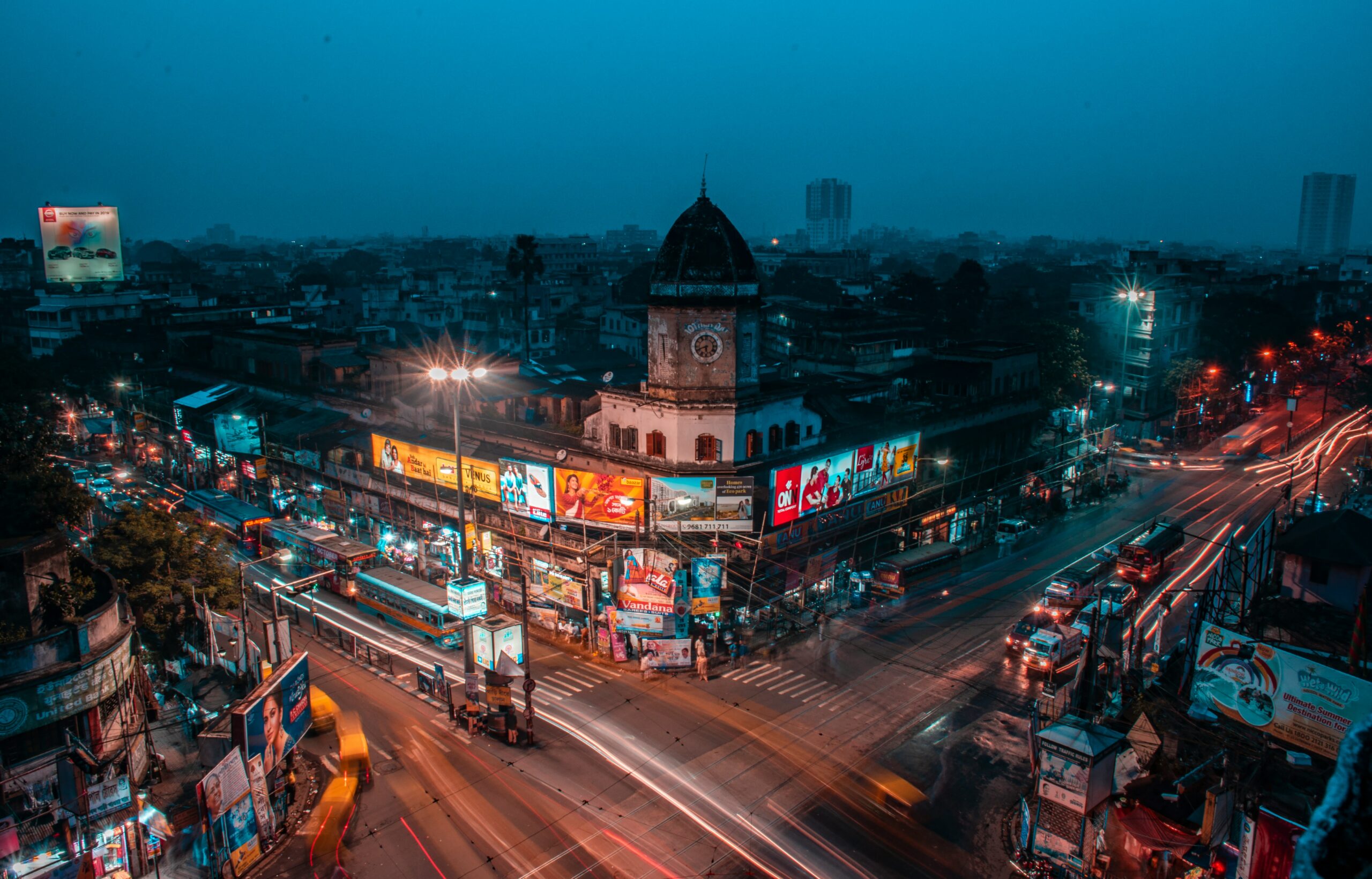India’s digital economy is expanding far beyond its traditional powerhouses. While Bengaluru and Hyderabad remain global names, a constellation of Tier-2 cities is quietly claiming investment, talent and unicorn headlines. Lower operating costs, proactive policy and improved air connectivity have combined to make these centres magnets for next-generation entrepreneurs. Below, we profile five Tier-2 tech hubs that analysts, VCs and multinationals should track closely in 2025 and beyond.
1 | Pune, Maharashtra
- Start-ups registered (2024): 2,800 +
- Average engineering salary: 18 % below Bengaluru
- Key clusters: Mobility software, SaaS, high-performance computing
Why it matters
Pune’s dual-engine economy—anchored by one of India’s largest student populations and a century-old automotive base—has matured into a deep tech playground. Global automakers now run large R&D centers here, spawning dozens of EV software start-ups. The city also benefits from the Maharashtra Government’s Cloud Hub Policy, which offers data-center subsidies and single-window clearances.
2 | Coimbatore, Tamil Nadu
- Export-oriented manufacturing value (FY 24): USD 17 bn
- Signature initiative: Tamil Nadu Emerging Sectors Seed Fund
- Hot verticals: Industrial IoT, Agri-SaaS, Climate Tech
Why it matters
Coimbatore’s decades-old textile ecosystem provides a ready laboratory for Industry 4.0. SMEs that once relied on manual looms now deploy sensor networks and predictive-maintenance dashboards—built locally. A new Defence Corridor node and a satellite campus of the Indian Institute of Information Technology are deepening the hardware talent pool, while Tier-1 banks are piloting rural fintech products here before national roll-outs.
3 | Jaipur, Rajasthan
- Startup funding raised (Jan 2024–May 2025): USD 420 m
- Stand-out sectors: MarTech, Handicraft E-commerce, Cybersecurity
- Government push: Rajasthan Startup Policy 2.0—zero stamp duty on angel rounds
Why it matters
Jaipur pairs cultural capital with a growing tech backbone. A 2024 survey by NASSCOM ranked the city first among Tier-2 locations for user-experience design talent. Several Delhi-based unicorns have opened satellite offices here to tap a 30-percent-cheaper cost base and low attrition rates. With the city connected via direct flights to Dubai and Singapore, regional VCs increasingly treat Jaipur as the northern gateway to pre-Series A deal flow.
4 | Indore, Madhya Pradesh
- Smart-City capex (2015-2025): ₹4,700 cr
- Flagship park: Crystal IT SEZ, 150 acres
- Niche strengths: FinOps, Health-analytics, FMCG SaaS
Why it matters
Indore was crowned India’s “cleanest city” for the seventh time in 2024—an urban governance accolade that has unexpected tech dividends. Multinational captives cite the city’s livability index when relocating back-office AI teams here. The MP Digital Growth Fund, launched in 2023, matches private VC cheques up to ₹10 crore, accelerating seed rounds. Meanwhile, IIT Indore supplies domain specialists for fast-growing fintech and med-tech ventures eyeing Midwest markets.
5 | Kochi, Kerala
- Subsea cable landing stations: 3 (highest among Tier-2 peers)
- Active gig-workers: 75,000 +
- Growth sectors: Marine robotics, Blockchain, Media Tech
Why it matters
With direct fibre links to Europe and West Asia, Kochi offers latency figures on par with Mumbai—minus the real-estate premium. The Kerala Startup Mission’s “Innovation Grid” provides subsidised co-working passes across 20 mini-incubators, encouraging gig-economy professionals to test prototypes quickly. A recently announced Marine Tech Park at Vizhinjam will host ROV research labs and attract blue-economy investors seeking ocean-data IP.
What’s Driving the Tier-2 Surge?
- Cost–Talent Sweet Spot – Office leases are 40–60 % cheaper than metro averages, while universities funnel thousands of graduates into local accelerators.
- State-Level Incentives – Land allotments, power-tariff rebates and capital-subsidy schemes lower entry barriers for deep-tech manufacturing.
- Digital Public Goods – UPI, ONDC and India Stack reduce go-to-market time for fintech, retail and health start-ups outside metro bubbles.
- Work-from-Anywhere Culture – Post-pandemic hiring patterns allow high-velocity teams to be built in cities offering a better quality of life.
Outlook: 2025–27
Analysts at Frost & Sullivan estimate that Tier-2 tech hubs could attract USD 5 billion in VC capital annually by 2027—triple today’s flow. Expect increased M&A activity as Bangalore- and Gurugram-based unicorns acquire niche AI or IoT firms embedded in these emerging clusters.
Talent is dispersing. Capital is following. The next Indian unicorn may well emerge from a city most investors once overlooked.


Leave a Reply